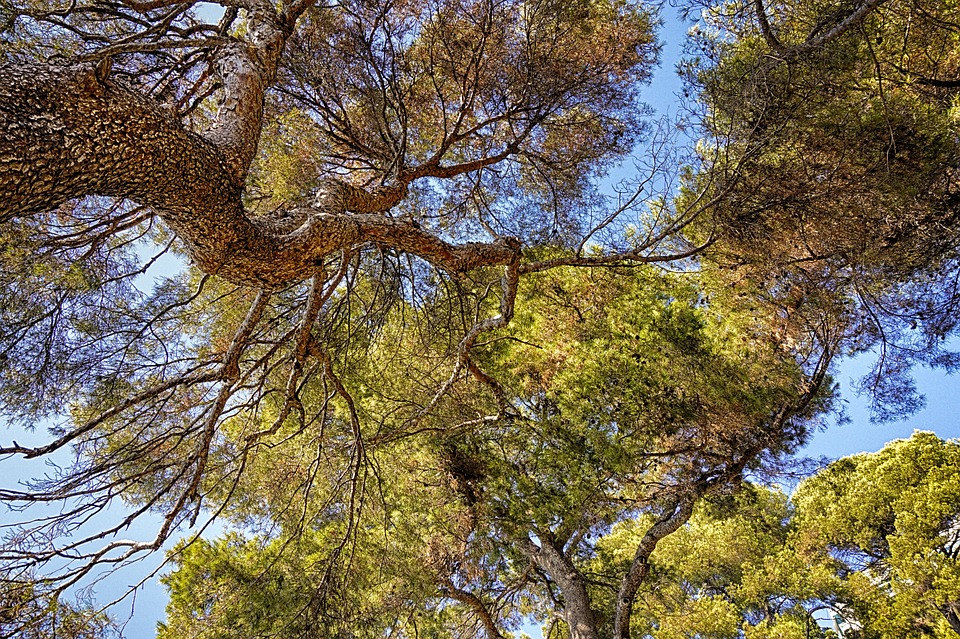Table of Contents
Green Gardening: Cultivating a Sustainable Paradise
Gardening is a therapeutic and rewarding activity that not only beautifies our outdoor spaces but also contributes to a healthier environment. Green gardening, also known as sustainable gardening, focuses on implementing eco-friendly practices to minimize our impact on the planet while nurturing our plants. By cultivating a sustainable paradise in your backyard, you can create a vibrant and healthy ecosystem that benefits both you and the environment.
Benefits of Green Gardening
Green gardening offers a myriad of benefits for both the environment and gardeners themselves. Here are some of the key advantages of adopting sustainable gardening practices:
1. Conservation of Resources
By utilizing techniques such as rainwater harvesting, composting, and mulching, green gardeners can significantly reduce their reliance on external resources such as water, fertilizers, and pesticides. This not only helps to conserve valuable resources but also saves money in the long run.
2. Improved Soil Health
Green gardening techniques, such as composting and using organic fertilizers, help to improve soil health by enriching it with essential nutrients and beneficial microorganisms. Healthy soil promotes strong root growth, enhances plant resilience, and fosters a thriving ecosystem below the surface.
3. Biodiversity and Habitat Creation
Green gardens provide a diverse range of habitats for wildlife, including birds, insects, and beneficial predators. By planting native species, creating wildlife-friendly features such as bird feeders and insect hotels, and avoiding chemical pesticides, gardeners can attract and support a wide array of beneficial wildlife species.
Key Principles of Green Gardening
When it comes to cultivating a sustainable paradise in your backyard, there are several key principles to keep in mind. By following these principles, you can create a thriving and eco-friendly garden that benefits both you and the environment.
1. Use Native Plants
Native plants are well-adapted to the local climate, soil conditions, and wildlife, making them resilient and low-maintenance choices for your garden. By incorporating native plants into your landscaping, you can create a more sustainable ecosystem that supports local wildlife and requires less water and maintenance.
2. Conserve Water
One of the most critical aspects of green gardening is water conservation. By implementing water-saving techniques such as rainwater harvesting, drip irrigation, and choosing drought-tolerant plants, you can reduce your water usage and minimize water waste in your garden.
3. Avoid Chemicals
Chemical pesticides, herbicides, and synthetic fertilizers can have harmful effects on the environment, wildlife, and human health. Instead of relying on these chemicals, opt for natural and organic alternatives, such as compost, mulch, and beneficial insects, to manage pests and promote plant health.
Common Questions About Green Gardening
1. Can I Still Have a Beautiful Garden Without Chemicals?
Absolutely! Green gardening focuses on using natural and organic methods to create a healthy and vibrant garden. By planting a diverse range of native plants, enriching your soil with compost, and attracting beneficial wildlife, you can achieve a beautiful garden without relying on harmful chemicals.
2. How Can I Attract Pollinators to My Garden?
Attracting pollinators, such as bees, butterflies, and birds, to your garden is essential for promoting plant health and biodiversity. To attract pollinators, plant a variety of nectar-rich flowers, provide water sources such as shallow dishes or birdbaths, and avoid using chemical pesticides that can harm pollinators.
3. What Are Some Easy Ways to Conserve Water in My Garden?
There are several simple and effective ways to conserve water in your garden. Some tips include installing a rain barrel to collect rainwater for irrigation, using mulch to retain soil moisture, watering plants in the early morning or evening to minimize evaporation, and choosing drought-tolerant plants that require less water.
Creating Your Sustainable Paradise
By embracing green gardening practices and incorporating eco-friendly techniques into your landscaping, you can create a sustainable paradise in your backyard that benefits both you and the environment. Whether you’re a seasoned gardener or just starting out, there are plenty of resources and tips available to help you cultivate a thriving and eco-friendly garden.
Remember to start small, experiment with different techniques, and be open to learning from your successes and failures. With time and dedication, you can transform your outdoor space into a vibrant and sustainable oasis that brings joy and beauty to your life while supporting a healthier planet for future generations.
Conclusion
Green gardening is a holistic approach to gardening that focuses on cultivating a thriving and sustainable ecosystem in your backyard. By implementing eco-friendly practices, conserving resources, promoting biodiversity, and avoiding harmful chemicals, green gardeners can create a beautiful and healthy outdoor space that benefits both them and the environment.
Whether you’re a seasoned gardener looking to make your landscaping more sustainable or a beginner eager to start on the right foot, green gardening offers a wealth of benefits and opportunities for creativity and learning. By following the key principles of green gardening, addressing common questions, and integrating eco-friendly techniques into your landscaping, you can cultivate a sustainable paradise that brings joy and beauty to your life while nurturing the planet we call home.
Start your green gardening journey today and take the first step towards creating a thriving and sustainable oasis in your own backyard!
